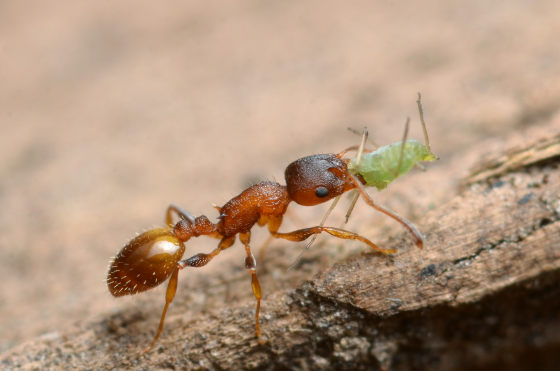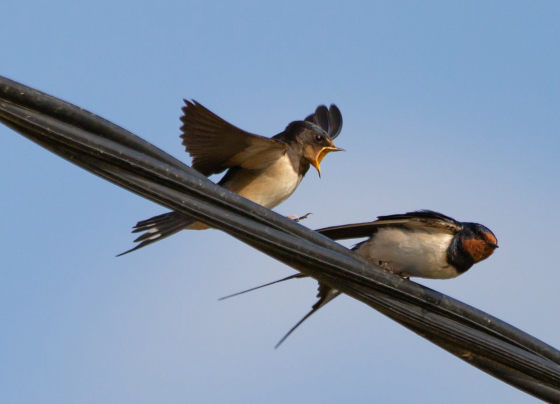There is actually a parasite that extends the lifespan of its host. What is this strange parasitism?

Previous studies
The Tapeworm That Helps Ants Live Absurdly Long Lives - The Atlantic
https://www.theatlantic.com/science/archive/2021/05/ant-tapeworm/618919/
Like many ants, the ant colony consists of a community of workers living in a community ruled by a queen. Worker ants first take care of the queen's eggs when they are young, and then each worker is assigned a role to search for food and bring it back to the nest.
However, when the larvae of the ant eat the droppings containing tapeworm eggs, the parasitic tapeworm takes up residence in the ant's stomach, changing the shape of its life cycle. The tapeworm deprives the ant of nutrients, but in return gives it an extremely long life cycle.
A research team led by entomologist Susanne Foitzik continued to observe colonies of tapeworms in the laboratory for three years. At the end of the three-year observation, almost all of the hundreds of 'unparasitized tapeworms' had died, but more than half of the tapeworm-parasitized tapeworms were still alive. This survival rate was almost the same as that of queen ants, which are known for their long life spans. In addition, the parasitized tapeworms were so young that they were indistinguishable from the 'larvae-raising tapeworms' that were the youngest in the colony.
Moreover, the parasitized ants not only lived longer, but also 'lived more pampered,' the research team said. The parasitized ants were not assigned tasks like worker ants, but spent their time in the nest, were fed, were carried by other ants, and sometimes received more attention than the queen ant. And they did not give anything in return to the society.

At the beginning of the observations, the parasitized ants did not appear to be suffering any particular problems in their daily lives, and did not appear to be negatively impacting the colony as a whole, which was not expected from a standard form of 'parasitism.'
But when the researchers looked more closely, they found that unparasitized colonies in parasitised colonies were under increased strain, working harder, withdrawing from queen care, and dying sooner than ants in non-parasitized colonies. Ultimately, the costs of parasitism showed up in a 'division of labour', with parasitized colonies showing signs of stress across the colony, according to the researchers.
Manuela Ramalho, an ant biologist at Cornell University who was not involved in the study, said that social insects don't see insects as individual insects, but rather the entire colony as a giant 'superorganism.' In a colony, ants can't truly behave as individuals, because each individual's behavior is reacted to by the others around them. The parasite controlled the entire society, even though it only infected a very small number of individuals.
Tapeworms do not lay eggs unless their host, the breast-breasted ant, is preyed upon by a bird or other predator. As a result, the parasitized breasted ants become lazy and are more likely to be preyed upon by birds. When researchers observed the ants, they found that when a predator approached, the non-parasitized breasted ants ran away with their larvae, but the parasitized ants just stared blankly up at the sky and did not move.

The researchers believe that the parasitized ants release proteins and chemicals that affect core physiological functions, potentially resulting in changes to hormones, the immune system and genes. In this way, the parasites 'effectively freeze' their hosts, improving their own chances of survival in order to preserve the species.
Related Posts:







